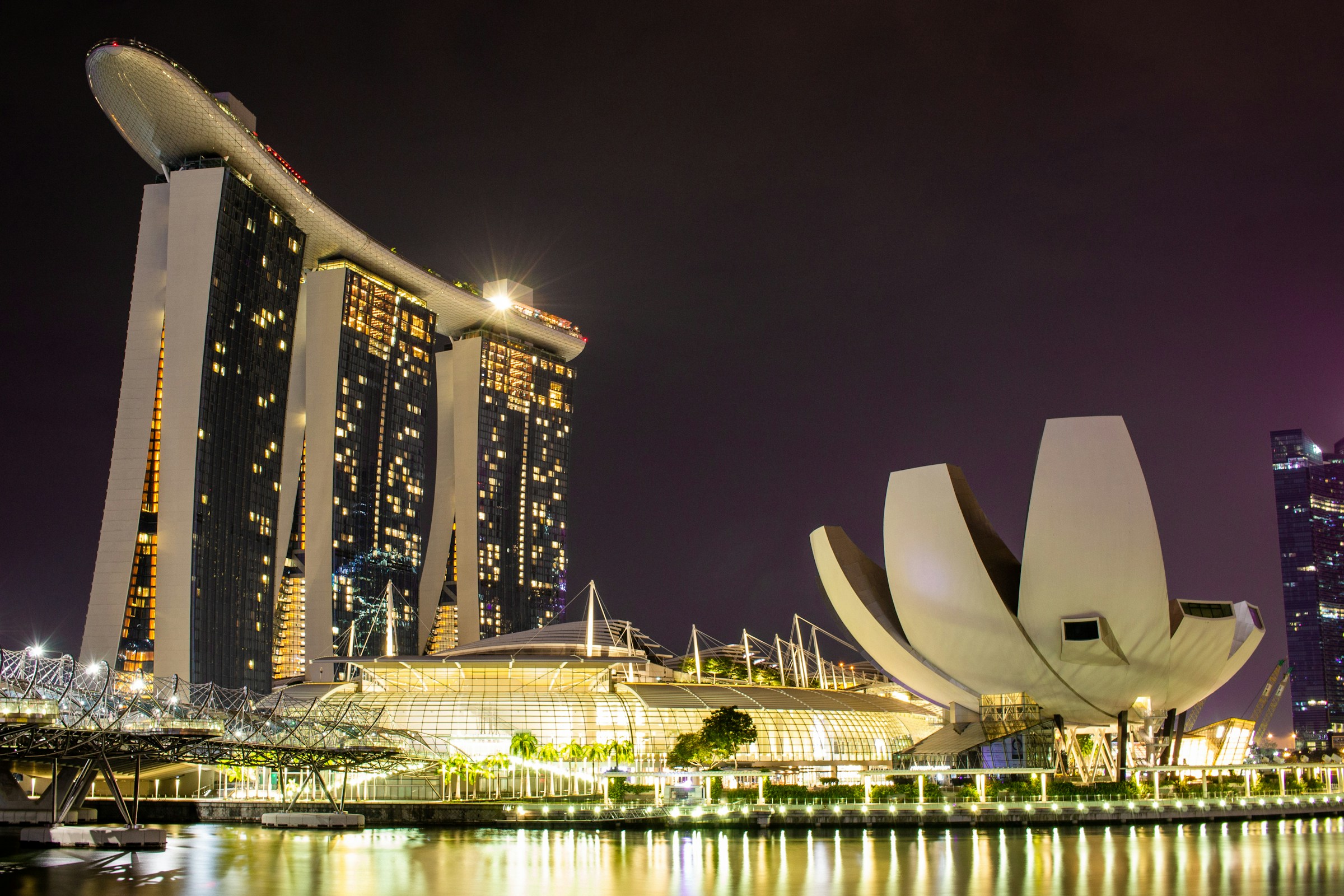The Monetary Authority of Singapore (MAS) enters its July 2025 policy review with one foot on the brakes and the other hovering near the accelerator. After two consecutive easings this year, a split among economists reflects a deeper uncertainty—not just about inflation or GDP growth, but about how Singapore should posture its monetary framework in a world where global peers are increasingly reactive and domestic resilience may be overstated.
This isn’t merely a debate over slope adjustments. It’s a real-time test of whether frontloaded activity and FX-based monetary control can hold credibility in an increasingly disorderly global trade environment.
Singapore avoided a technical recession in Q2 2025 with 1.4% quarter-on-quarter growth, a result that might appear to vindicate MAS’s January and April policy loosening. But policymakers are fully aware that frontloading is a tactical buffer, not structural recovery. As global trade flows distort and tariff regimes shift faster than macro models can absorb, the real question isn’t whether growth continues—but what shape that growth takes under external constraint.
MAS doesn’t control domestic interest rates; it manages the Singapore dollar nominal effective exchange rate (S$NEER) via a crawling band defined by slope, midpoint, and width. Having already flattened the slope in two consecutive reviews, the most disciplined course of action may be no action at all. This would allow time to evaluate the effect of prior easings and maintain institutional credibility in the face of near-term GDP upside that is largely artificial.
Maybank economists have raised their 2025 growth forecast to 3.2%—well above the government’s 0–2% target band. But this forecast optimism could be read as a reason for caution, not celebration. Holding policy steady would provide MAS with optionality ahead of what is expected to be a structurally weaker H2 due to tapering export demand and reduced China import orders.
OCBC’s position—that MAS should pause to observe the lag effects of prior adjustments—is consistent with the institution’s long-standing aversion to premature pivots. Policy signaling in Singapore tends to be cumulative and intentional. A pause signals assessment. A third move within seven months, however mild, could be interpreted as policy drift.
On the other side, Barclays sees the Q2 outperformance as a head fake. The bank expects MAS to ease again by flattening the S$NEER slope further, pointing to frontloading’s inevitable reversal and the latent effects of investment uncertainty. Their read isn’t based on GDP per se, but on the capital posture risk embedded in delayed corporate investment and cross-border hedging.
Barclays’ stance assumes MAS will want to stay ahead of the curve—proactively mitigating a negative output gap rather than waiting for weakness to fully materialize. This would align MAS with the "insurance cut" mentality seen among some central banks in late-cycle transitions.
But a third consecutive easing would also blur the signaling discipline MAS has historically upheld. It would mean validating growth pessimism prematurely and encouraging markets to second-guess the sufficiency of MAS’s prior moves.
Globally, the tide has turned toward stasis. The Federal Reserve is expected to hold rates steady in July, while the European Central Bank ended its rate-cutting streak after eight consecutive reductions. The bias across advanced economies is toward observation, not intervention.
Singapore’s policy stance remains technically divergent—not in rate levels, but in its FX-led mechanism. Yet, with the S$NEER’s effective band and slope being dialed back in Q1 and Q2, MAS has already reduced this divergence. Another easing may converge it further with global monetary tone, but the risk is asymmetric: Singapore’s trade-anchored credibility lies in disciplined FX management, not policy mimicry.
For sovereign funds, fixed income allocators, and real-money managers, what MAS does next matters less than how it frames the move. A hold would be interpreted as system-aware prudence—giving markets room to digest lagging indicators without oversteering. A third easing, especially unaccompanied by a downgrade in inflation outlook, risks being read as a signal that Singapore’s FX buffer or capital inflow profile is less robust than projected.
In the current climate, where capital allocation is driven more by signaling clarity than by short-term returns, any perception of policy inconsistency can trigger defensive positioning among FX and rates desks across Asia.
Whether MAS eases or holds, the deeper posture is one of calibration—not conviction. A pause would reflect strategic restraint. An easing would imply preemption, but at the potential cost of eroding signaling discipline. What seems like a policy fork is in fact a credibility test: Can Singapore afford to move again without compromising the integrity of its currency regime?
For now, the MAS policy posture may appear neutral—but the signal is unmistakably cautious.




-6.jpg&w=3840&q=75)










